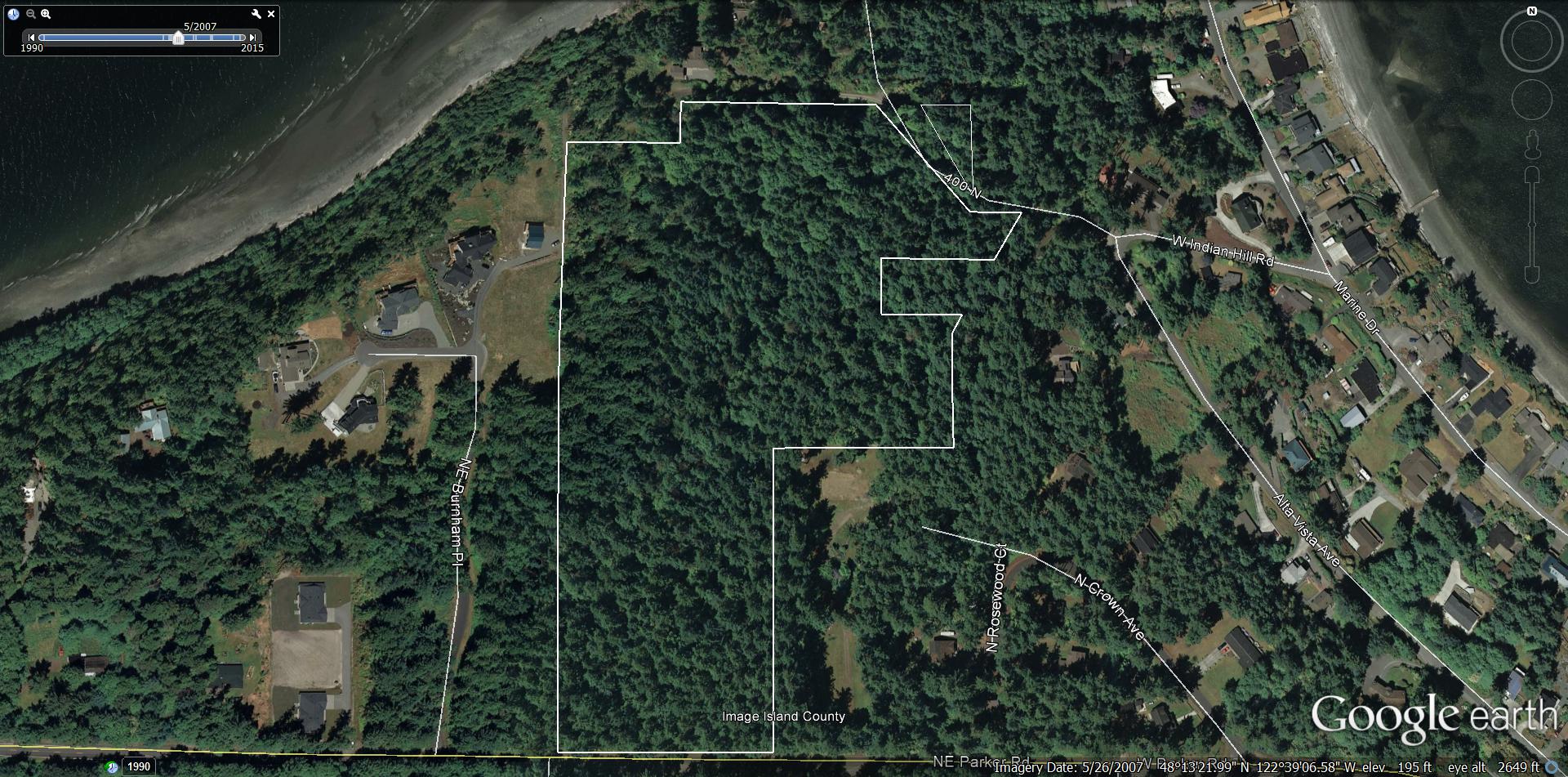

A single Google Earth update might contain a handful of cities or states. Google does not update the entire map in each go. If you’re anxiously awaiting an update on your hometown, don’t assume it will appear in Google’s subsequent changes. Modern satellites are also more capable of handling the high power demands of the LiDAR sensors.Ah, there’s the rub. But thanks to recent technological innovations, as well as the evolving space industry that allows for better, cheaper access to orbit, NUVIEW was able to design a constellation of 20 LiDAR satellites. NASA’s ICESat-2, which launched in 2018 to measure ice-sheet elevation in the Arctic, is one of a small number of satellites that use LiDAR from orbit.Īs a result, only about five percent of Earth’s landmass has been mapped with LiDAR, according to NUVIEW. So far, most other attempts to employ LiDAR when mapping the Earth’s surface use drones or planes.

The technology is able to map Earth’s typography in great detail, and it does so by sending down a steady stream of laser pulses that make their way through trees and other types of vegetation.

LiDAR, which stands for Light Detection and Ranging, uses pulsed lasers to measure distance by detecting the time it takes for reflected light to return to the receiver. It’s not clear when NUVIEW plans on launching its LiDAR constellation, but the company claims it already has $1.2 billion in contracts with prospective customers for its data. “Our LiDAR satellite constellation will offer a wealth of information that has never before been available at scale, driving innovation and progress throughout numerous industries and revolutionizing the way we understand and interact with our planet,” Clint Graumann, CEO and co-founder of NUVIEW, said in an emailed statement.


 0 kommentar(er)
0 kommentar(er)
